Grand Jet d'Or de Genève 2024
Presentation :
For its 10th edition, from May 27 – 29, 2024, the GHF addressed crucial issues for our future under the theme “Health, A Common Good!” The GHF transcended the boundaries of the healthcare system, considering the social and environmental determinants of health, with a specific focus on how environmental degradation is profoundly impacting human health.
As part of its mission to advance academic research on key societal challenges and contribute to human progress, the AXA Research Fund is teaming up with the GHF in this endeavor.
In light of this collaboration, the Geneva Health Forum (GHF) introduced a call for the Grand Jet d’Or de Genève Award, in partnership with the AXA Research Fund. This call wasentitled "Health & medical solutions to address the adverse effects of pollution on humans".
CHF 50,000 were awarded for this prize.
51 research teams responded to this call, reflecting the global urgency to address this pressing issue.
Following meticulous evaluation by a distinguished Scientific Committee, the top seven applications have been shortlisted,
The GHF program committee selected the winner from these 7 teams.
During the Monday’s evening event, the winner of the Grand Jet d’Or Award was announced and rewarded in person by Nils Reich, CEO of AXA Health, Julia d’Astorg, Head of the AXA Research Fund and Antoine Flahault, president of the GHF.
The winner is the team : “Exposure Sciences, Department of Occupational and Environmental Health, Center for Primary Care and Public Health (Unisanté), Université de Lausanne.”
This team was recognized for their groundbreaking work entitled : "Assessing the Emerging Risk of PFAS Exposure from Waste Management.”
This project addresses a growing concern in Europe and beyond. With several European countries, including Germany, the Netherlands, Denmark, and Norway, proposing significant restrictions on PFAS, it is clear that the environmental and health risks associated with these substances are being increasingly acknowledged.
PFAS, known for their adverse effects on hormone levels and overall health, pose significant challenges, particularly in the waste management sector. As Europe transitions towards a circular economy, emphasizing recycling and reuse, this shift may inadvertently increase PFAS exposure among workers handling various waste streams such as electronics, batteries, plastics, textiles, and construction materials.
Keynotes :
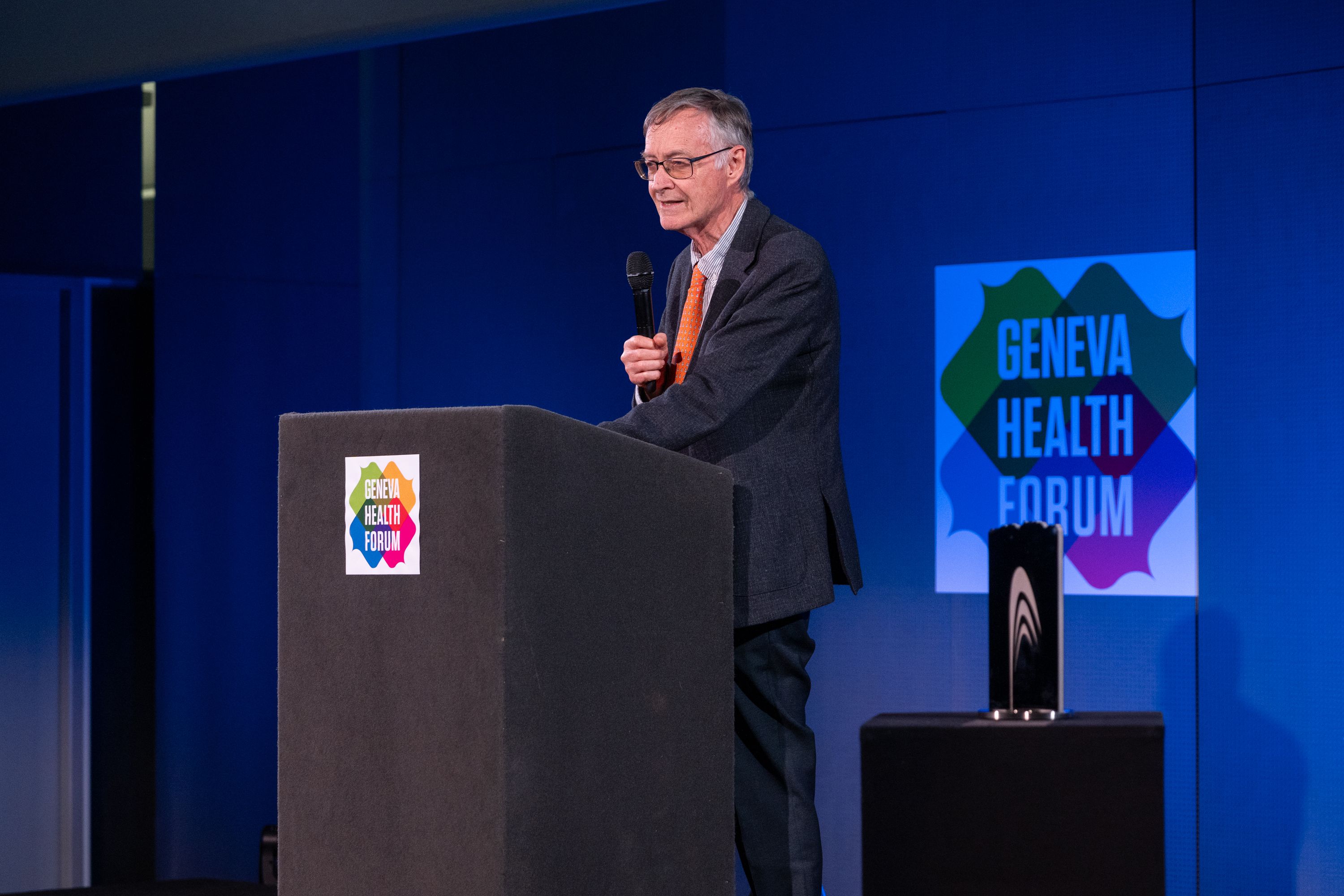
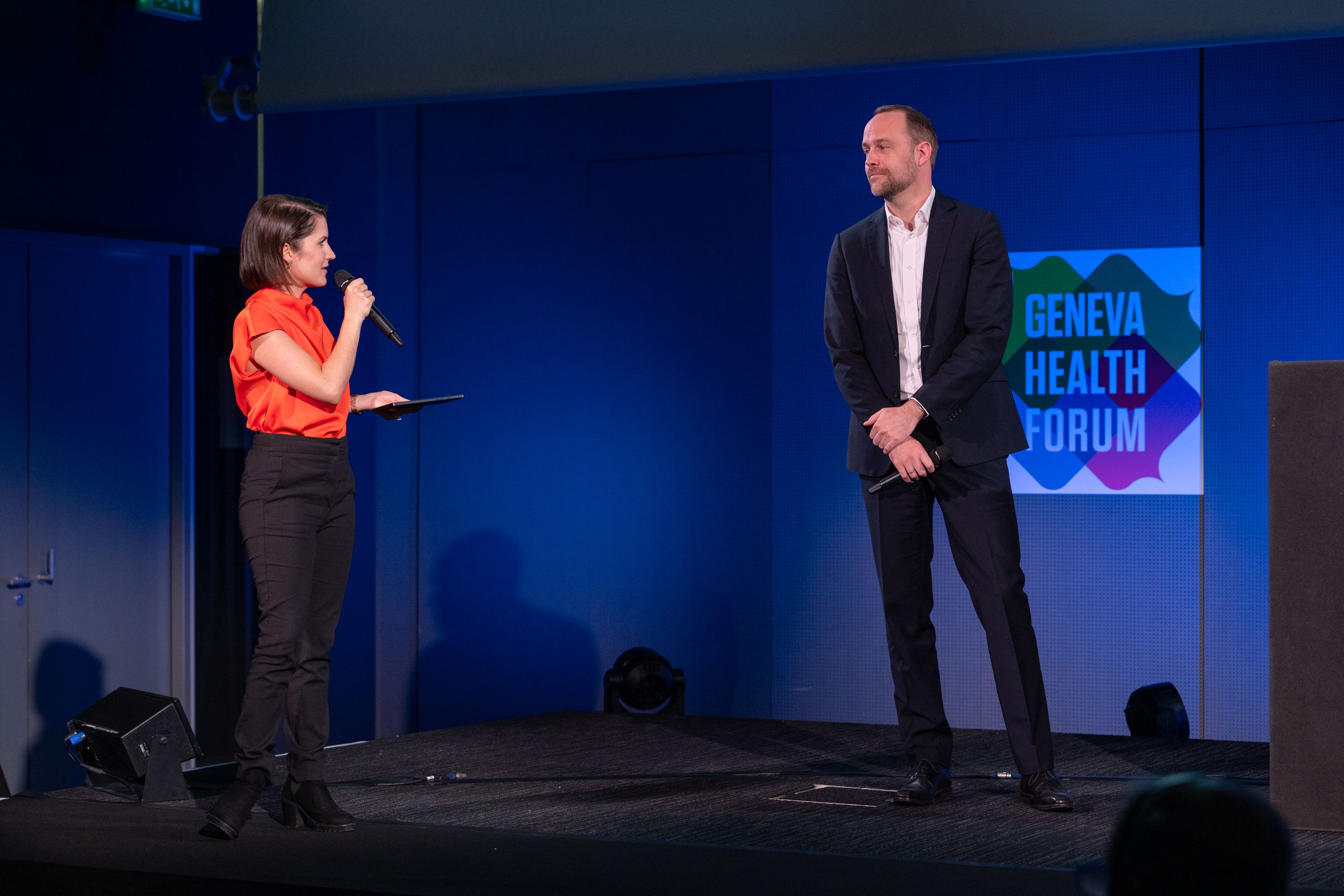
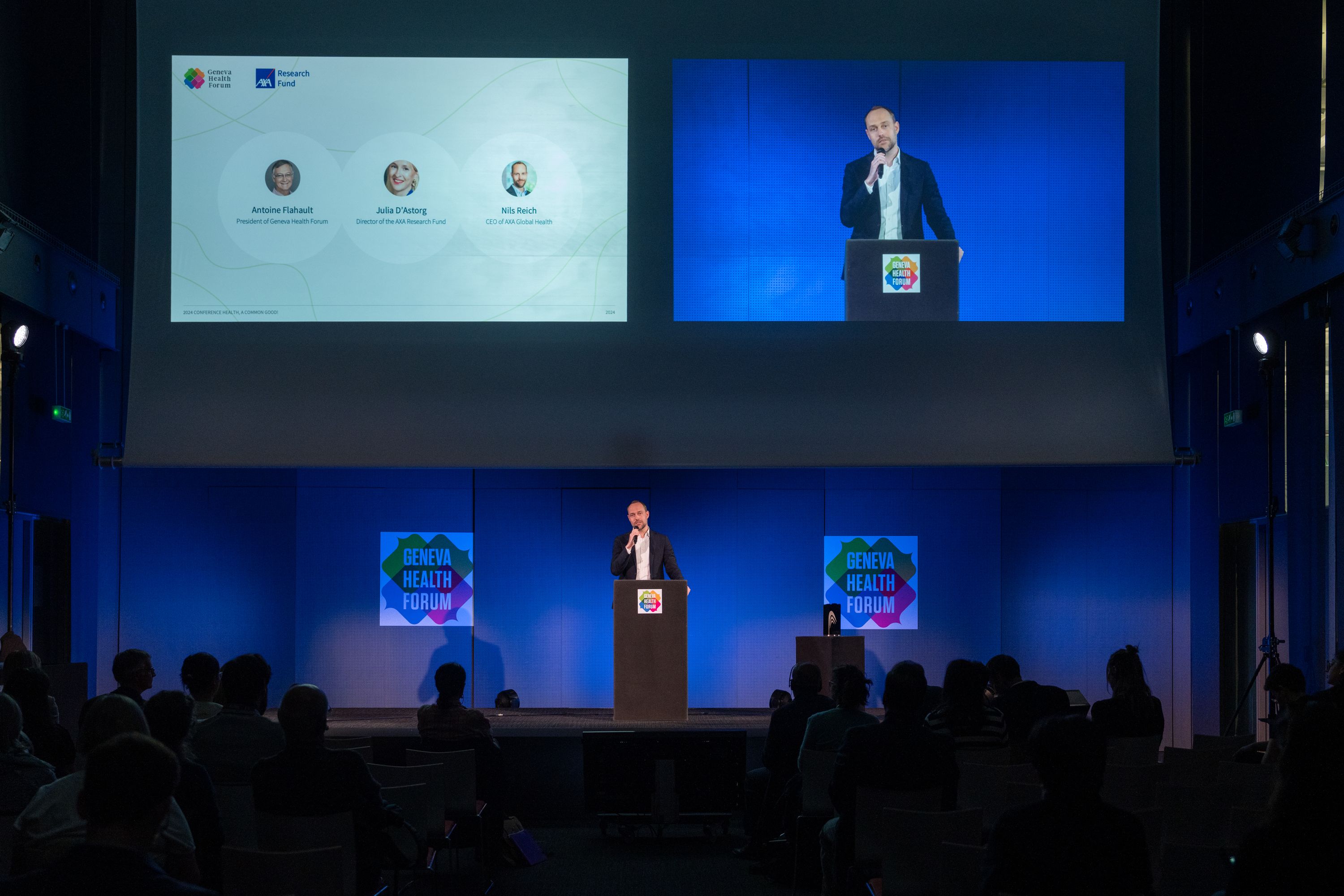


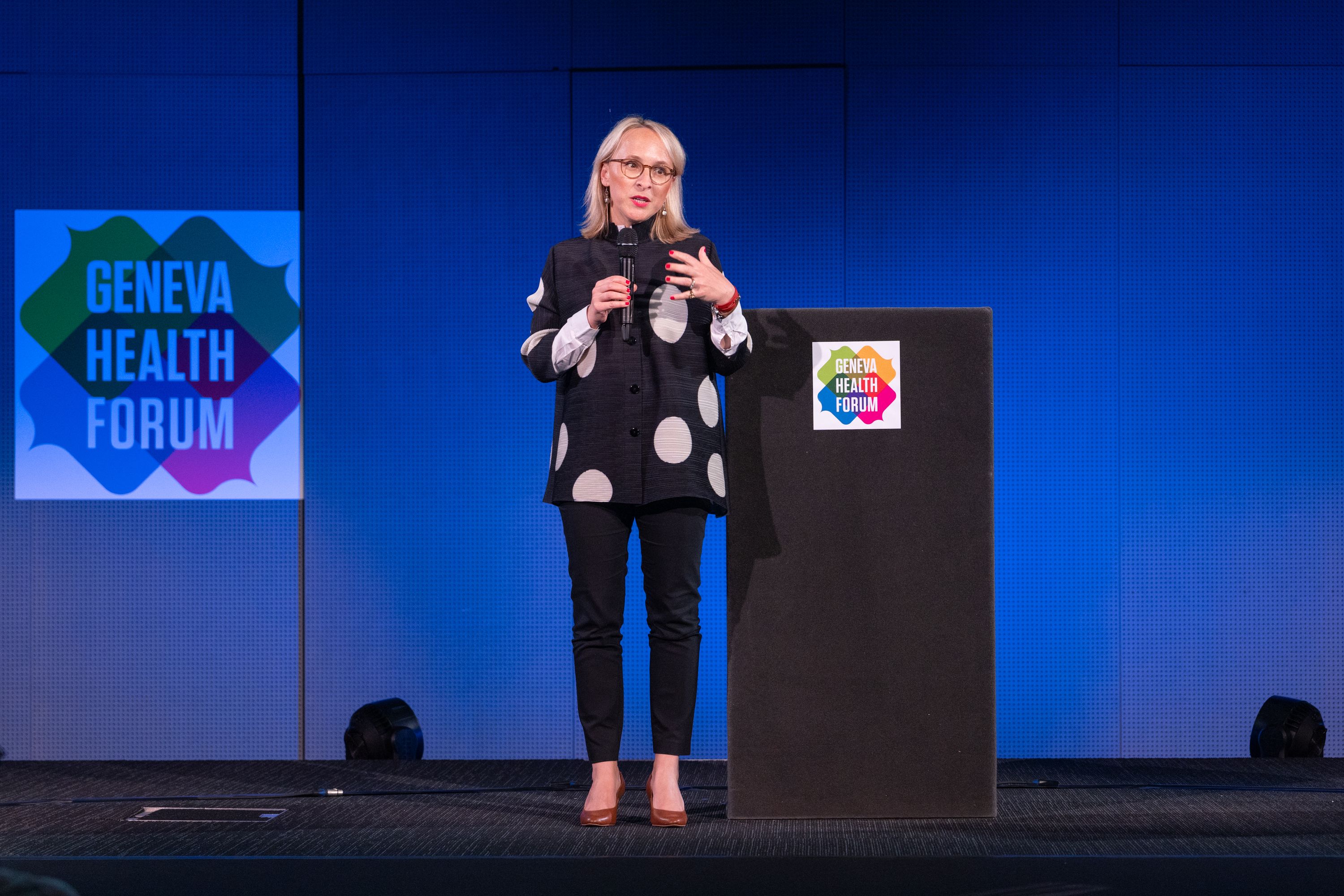



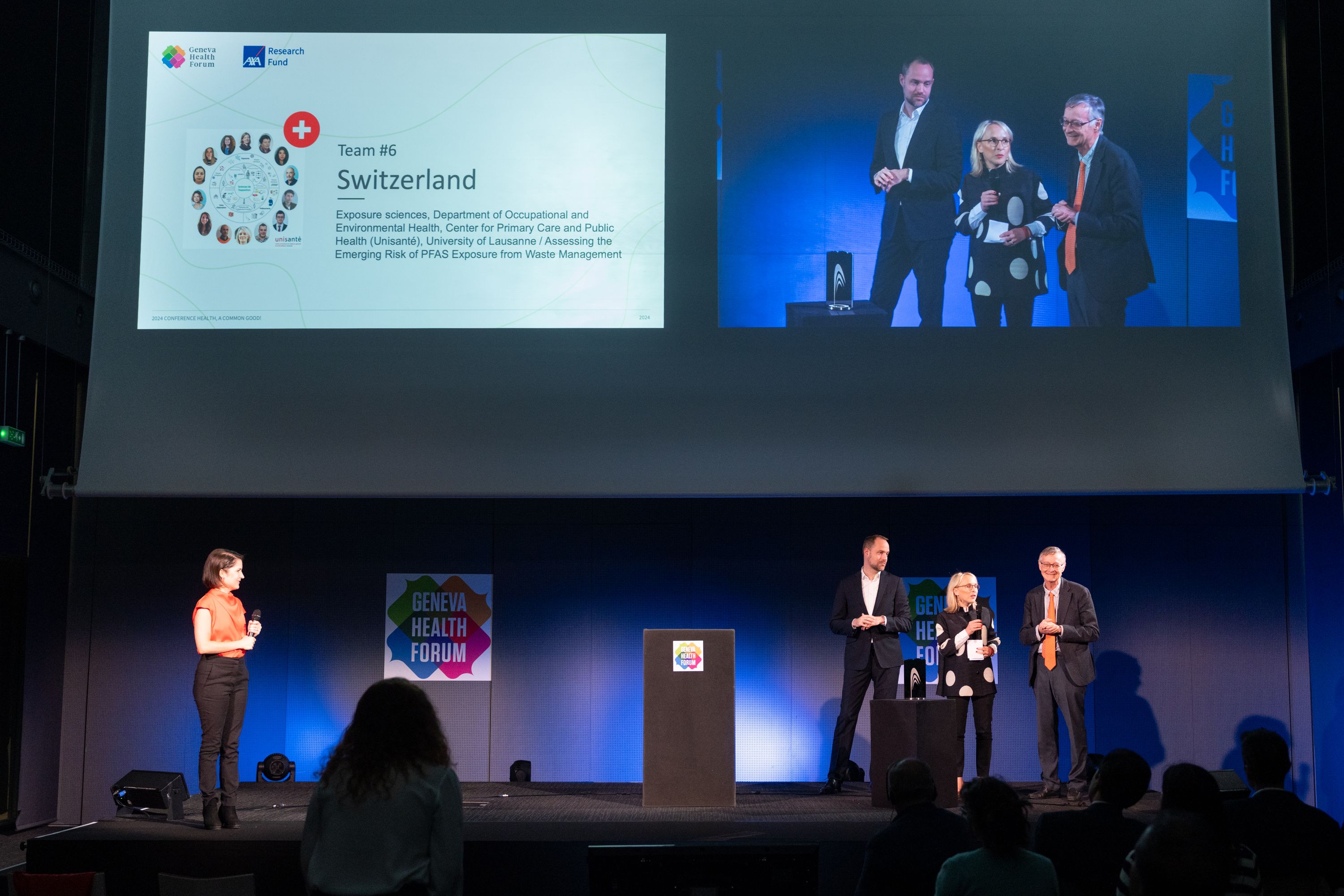


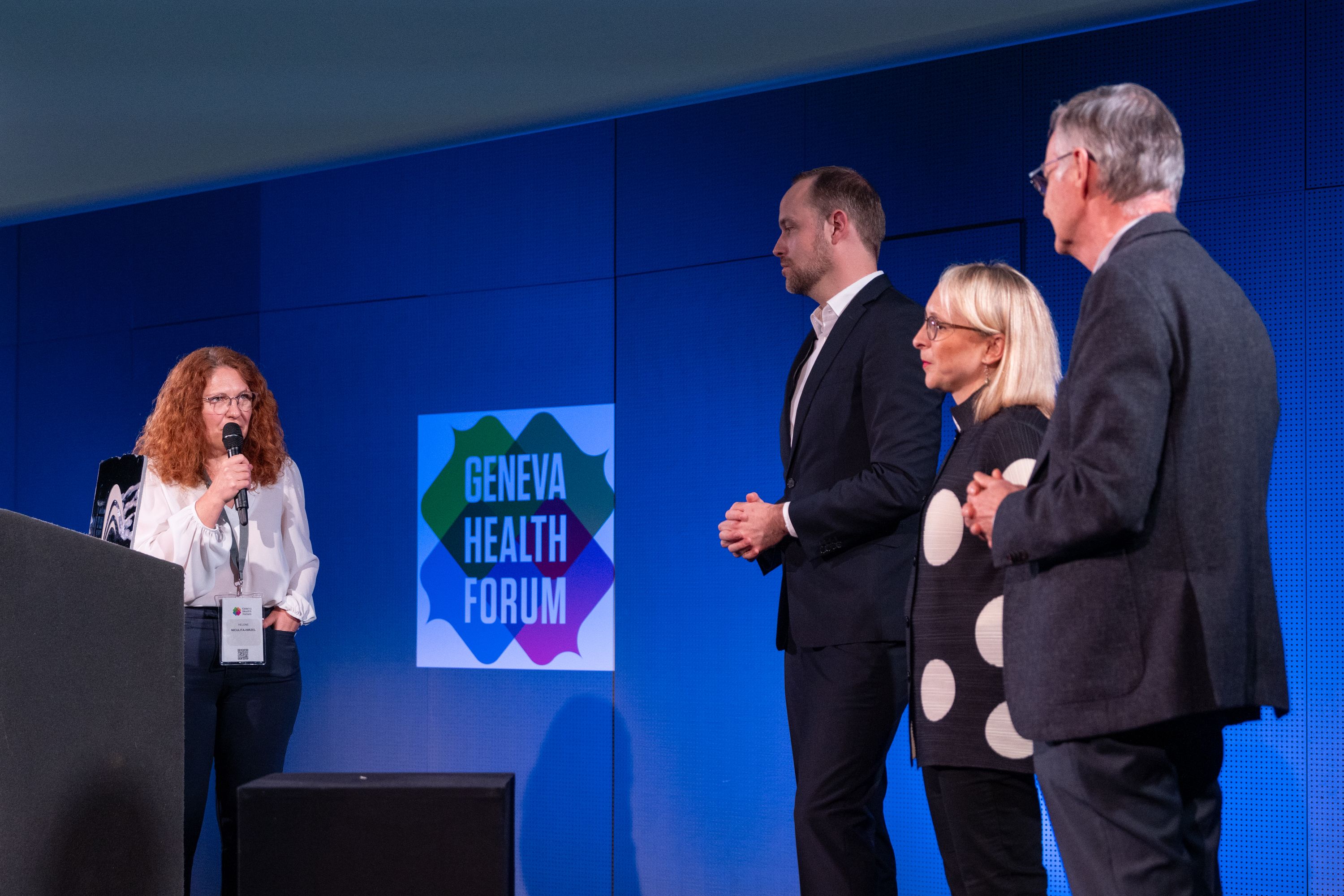






To look at this video, you must first register here: Registration




